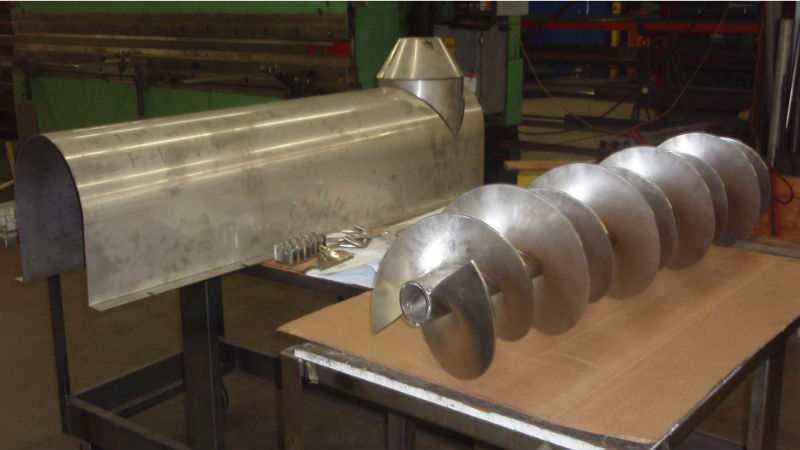Companies that focus on the development of waterworks projects and fluid production and processing facilities tend to be specialized companies that work exclusively on these types of systems. This is ideal as it allows for specialized design, development and installation of these systems, reducing the possible issues with the system once it is operational.
The drawback is that many companies that install these systems tend to use the same materials and components over and over again. A good example of this is the choice of industrial valves for a given system. Often companies choose the valves they are comfortable with and have used in the past, without necessarily evaluating the effectiveness of the ideal industrial valves for the job.
Working Conditions
One of the key factors to consider for any choice in industrial valves is the environmental conditions in which the valve will need to operate. This includes the temperature, the pressure as well as the type of material that is moved through the system.
Valves can be designed for liquids, slurries, semi-solid particles in liquid or for steam or gas. Choosing the right valve and the working conditions for the valve will be important as incorrect choices will decrease the life cycle of the valve and increase the risk of leaks.
Cost and Life Cycle Considerations
For most construction contractors, the goal is to provide a top-quality system or application within the agreed upon budget. However, cutting costs by choosing cheap quality industrial valves is never a good idea.
These types of valves have a shortened life cycle, which adds to increased replacement costs as well as longer downtime for the system. Often, these valves also have high maintenance requirements, all which lead to hidden costs that are quickly noted by the end-user.
Staying on top of new types of valves and on best options for installations in different systems is important. Taking the time to evaluate each installation on its own merits will be a critical factor.



